Webinar: Protecting one billion hearts at the 78th World Health Assembly
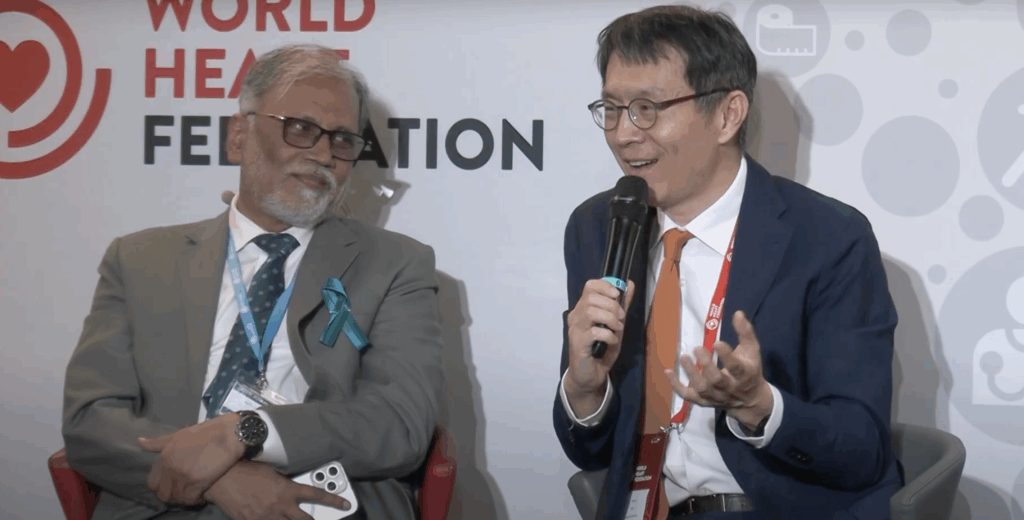
Highlighting the importance of access to medicines to control high blood pressure and the strategies needed to do it.
Four more countries validated by WHO for actions toward a trans fat-free world
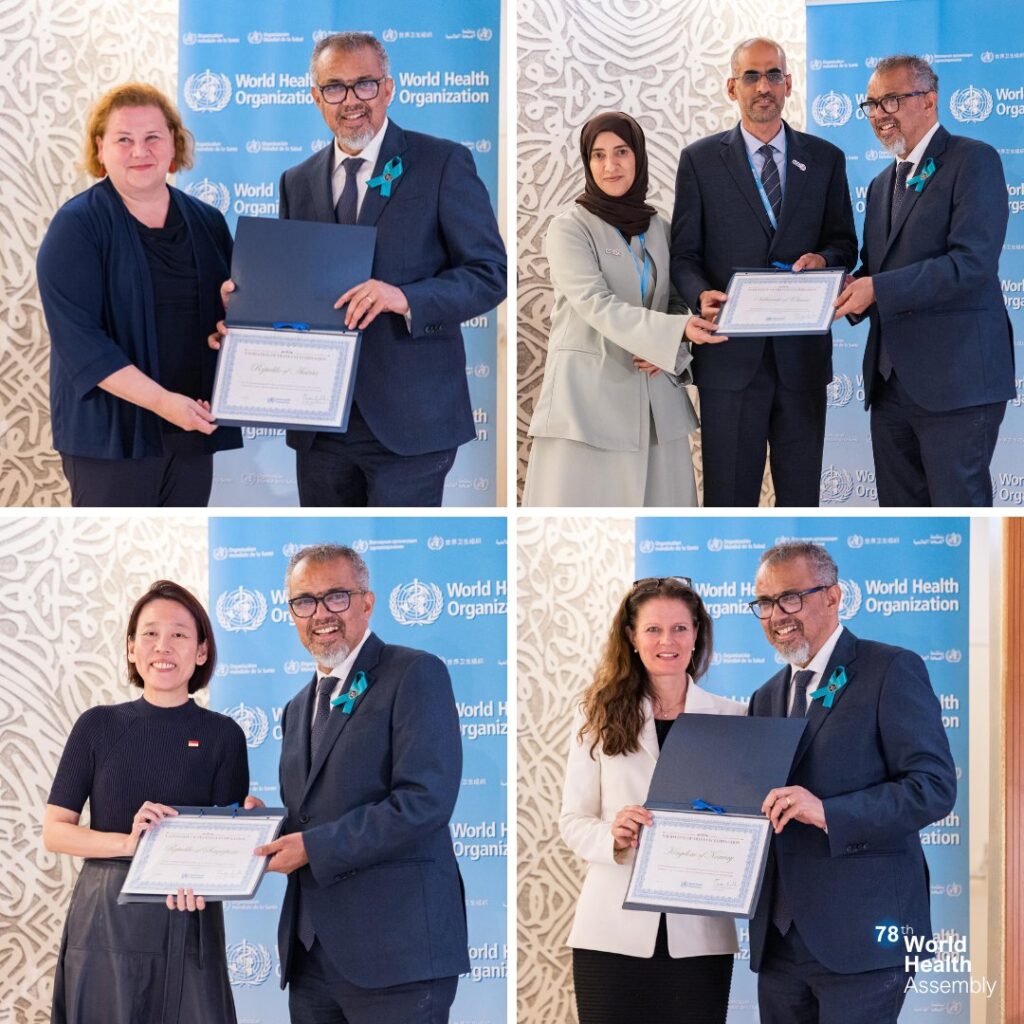
Austria, Norway, Oman, and Singapore awarded by WHO for concrete actions to remove toxic trans fat from the national food supply, bringing the total countries validated to nine.
Webinar unpacks industry’s role in removing trans fat from foods

New research commissioned by WHO and launched by ATNi and RTSL unpacks industry’s role in bringing the world closer to trans fat-free to save hundreds of thousands of lives each year.
Resolve to Save Lives at EPI | Lifestyle Scientific Sessions 2025

High blood pressure too often goes unnoticed. Watch the American Heart Association’s interview with Dr. Renu Garg as she details how Resolve to Save Lives works to control this silent killer with universal screening and other scalable strategies.
New analysis shows eliminating out-of-pocket costs for blood pressure medication saves lives
Eliminating out-of-pocket costs for anti-hypertensives lowers the risk of heart attacks and strokes and can reduce health care costs.
Dr. Lia Tadesse Gebremedhin joins Resolve to Save Lives’ Board of Directors

Dr. Lia Tadesse Gebremedhin joins Resolve to Save Lives Board of Directors
The George Institute for Global Health and Resolve to Save Lives welcome WHO’s recommendation to replace regular table salt with lower-sodium salt substitutes
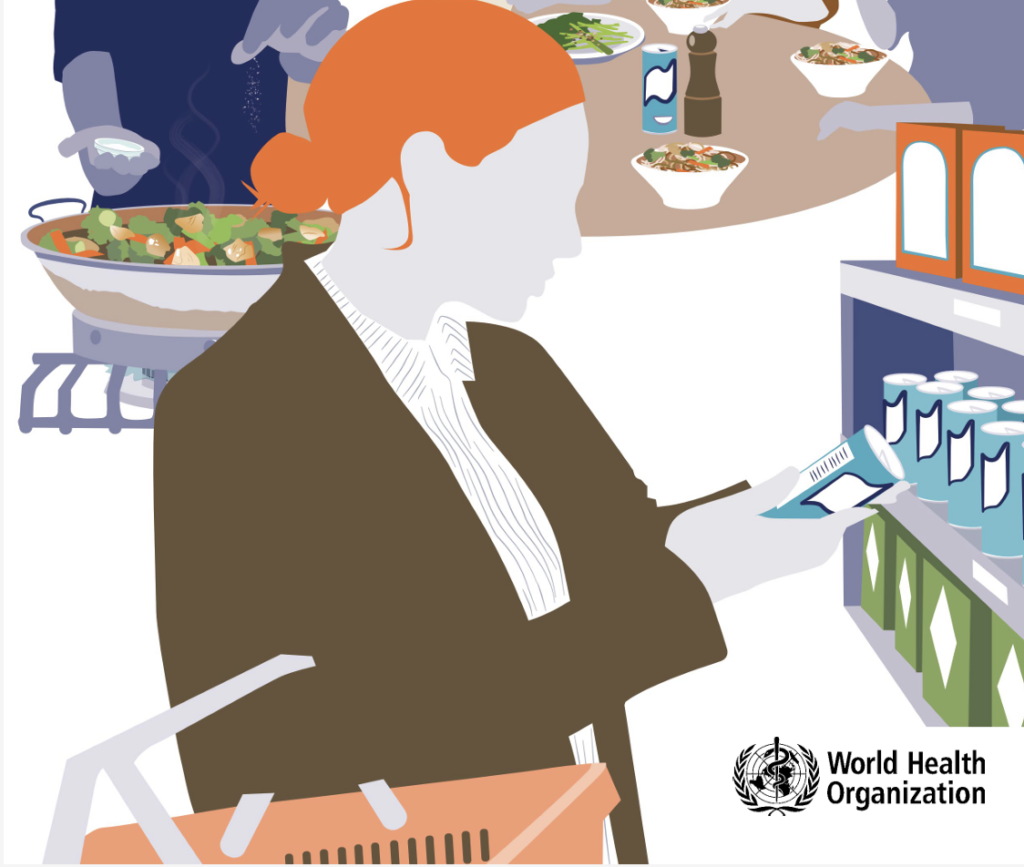
Resolve to Save Lives and The George Institute for Global Health strongly support WHO new recommendation to to replace regular table salt with lower-sodium salt substitutes.
Statement from Dr. Tom Frieden, President and CEO of Resolve to Save Lives, on U.S. Withdrawal from WHO
The decision to withdraw the United States from the World Health Organization makes Americans – and the world – less safe.
Resolve to Save Lives’ new global guidelines for healthy public food procurement

Setting healthy nutrition standards for food served in schools, public hospitals, childcare facilities and government workplaces is a powerful strategy for saving lives.
RTSL trans fat experts speak out
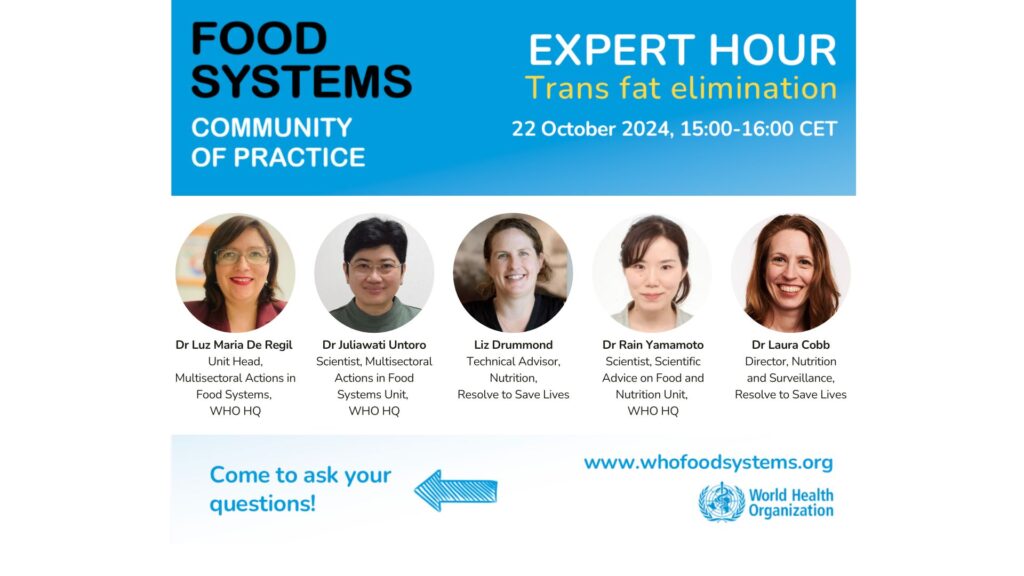
Trans fat elimination webinar features experts from Resolve to Save Lives and outlines steps to remove this harmful food additive.
Resolve to Save Lives pledges $10 million to WHO to combat heart disease and save millions of lives
Funding will accelerate initiatives to eliminate trans fats, reduce salt intake, and control hypertension in low- and middle-income countries 14 OCTOBER 2024 (BERLIN, GERMANY)—Resolve to Save Lives (RTSL) today announced a $10 million pledge to the World Health Organization (WHO) to accelerate collaborative work over the next four years to save lives from heart disease, […]
Big news from the World Health Summit: a new pledge to improve global heart health

Resolve to Save Lives pledges $10 million to WHO to combat heart disease and save millions of lives.
Blood pressure measures done right
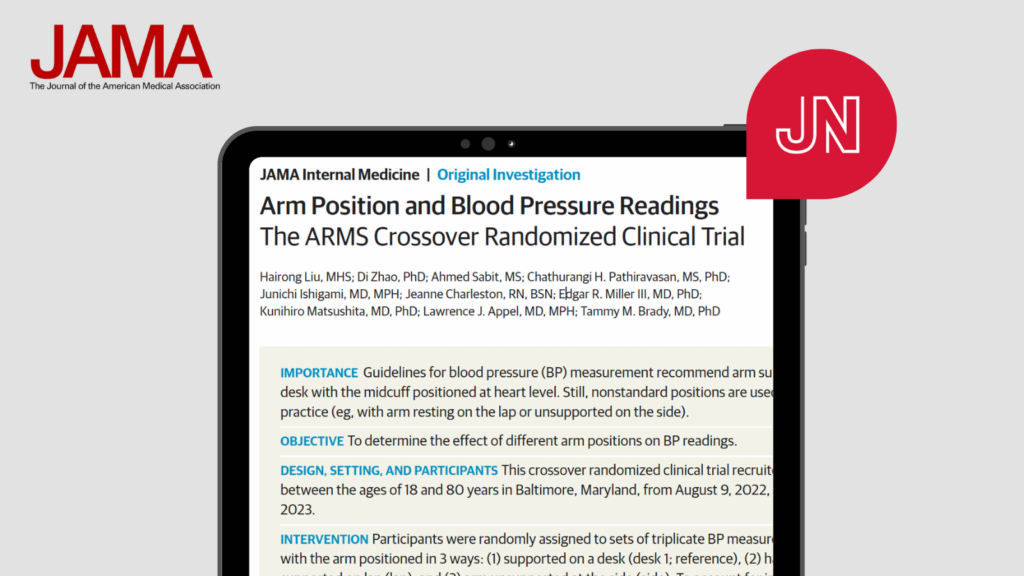
Faulty BP readings can put lives at risk. New evidence supports this method for accuracy.
“Reduced-sodium salts…are a great alternative to regular salt”
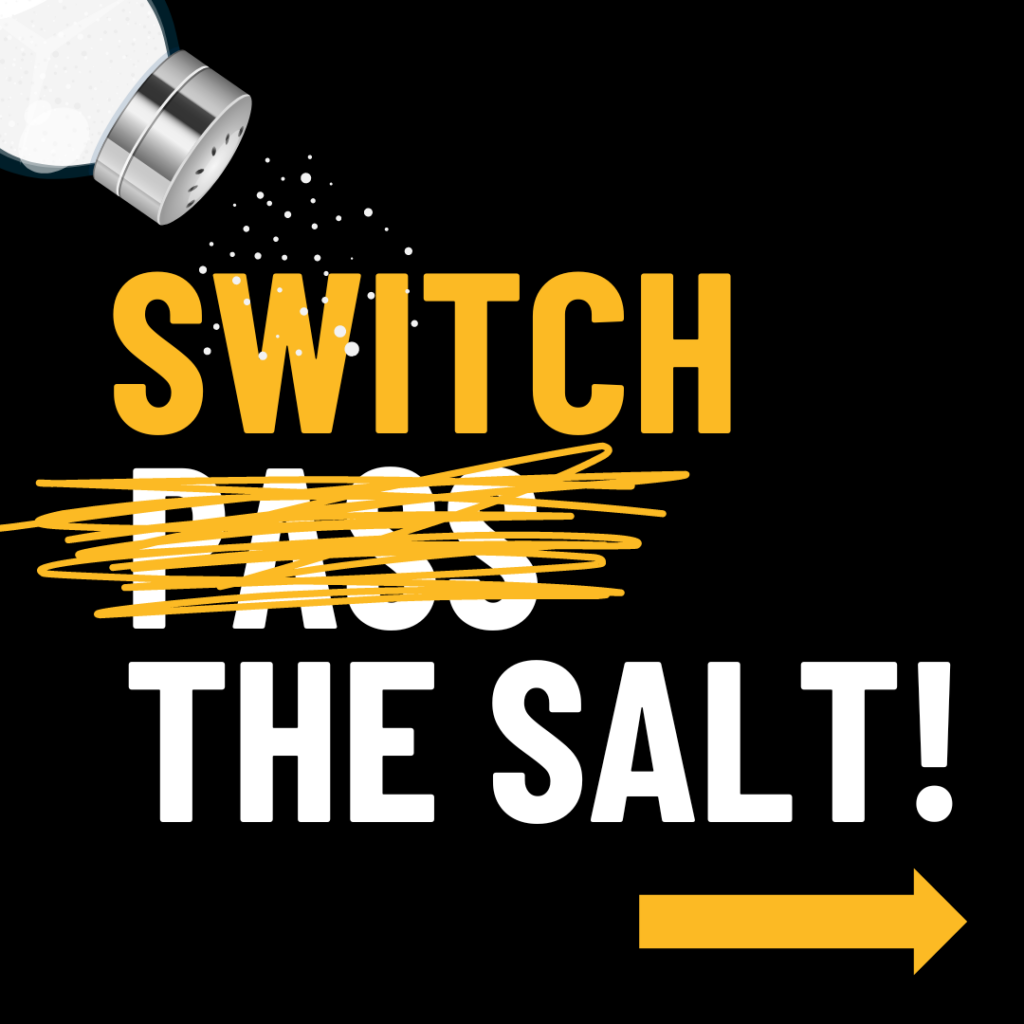
In a new op-ed for Health Affairs Forefront, Professor Bruce Neal, Executive Director for The George Institute for Global Health and our own Dr. Tom Frieden, President and CEO of Resolve to Save Lives, call for switching the salt we use to a healthier alternative—potassium-enriched, low-sodium salts—to improve heart health. Low-sodium salts look and taste just […]
“Surveillance is a public health superpower”

In an essay for the Financial Times, Dr. Tom Frieden explains how disease surveillance helps us foretell health disasters and see trends in diseases and health programs to save lives.
Designing tools that work for health care workers
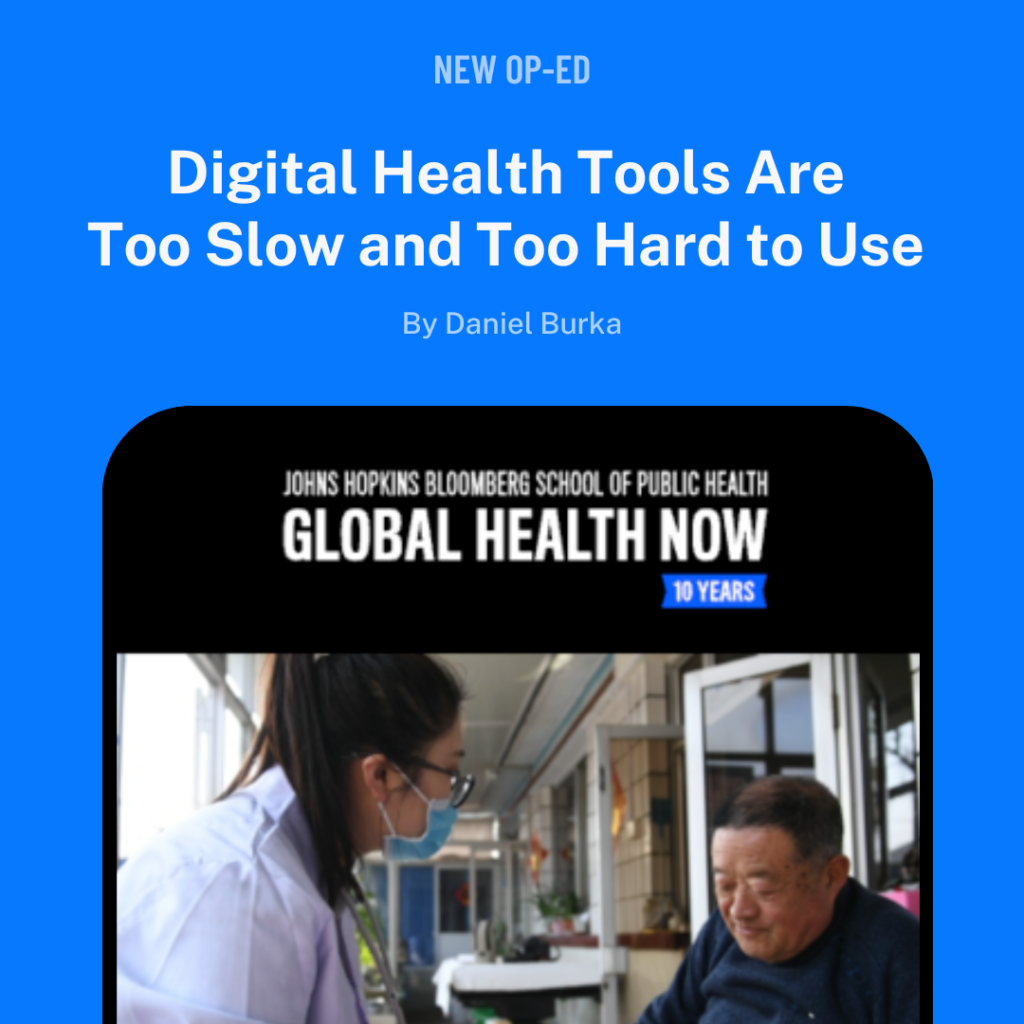
Daniel Burka, Director of Design for the digital team at Resolve to Save Lives, shares how any design team can create health care software that is easy to use, improves programs, and that health workers actually like.
REPLACE Initiative’s role in ending trans fat

Since the formation of the global partnership and launch of REPLACE, 43 countries have taken action against the harms of trans fat.
WHO’s HEARTS package significantly improves high blood pressure control
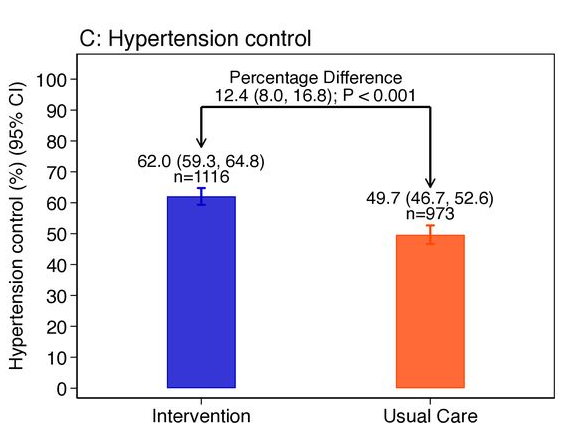
A new trial published in BMJ’s Heart Journal shows that the WHO-HEARTS technical package, developed and championed with support from Resolve to Save Lives, significantly improves high blood pressure treatment and control.
Drs. Tom Frieden and Tedros Adhanom Ghebreyesus on global progress eliminating trans fat

In BMJ and Al Jazeera: The world has made encouraging progress to eliminate trans fat, but more than 4 billion people remain at risk.
WHO’s 5-year milestone report on global trans fat elimination

By 2023, best-practice policies were in effect in 53 countries, covering 3.7 billion people or 46% of the world’s population, as compared to 6% just 5 years prior.
Milestone 5-year report on progress to eliminate toxic trans fat released
Statement from Dr. Tom Frieden, President & CEO, Resolve to Save Lives 24 JUNE 2024 (NEW YORK, USA)—“At the start of 2024, 53 countries had introduced trans fat regulations, protecting nearly half of the world’s population from this toxic chemical and preventing as many as 183,000 deaths each year. The new 5-year REPLACE report released […]
Growing adoption of 7-1-7 on display at the 2024 Global Health Security Conference

On June 20, 2024, the 7-1-7 Alliance hosted a packed networking breakfast at the Global Health Security Conference in Sydney for partners engaged in the adoption and use of the 7-1-7 target for the timely detection, notification and response of infectious disease outbreaks.
New report offers lessons on stopping disease outbreaks, amid global spread of H5N1
Resolve to Save Lives report shows how public health specialists around the world controlled bird flu and other outbreaks last year June 18, 2024 (New York, NY) – With the highly contagious H5N1 avian influenza (bird flu) spreading worldwide, Finland provides a lesson in how to bring an outbreak under control quickly. After a deadly outbreak […]
Conference talk shows how DHIS2 app achieves real-world results

At the 2024 DHIS2 conference in Oslo, DHIS2, FHI 360 and RTSL showed how a user-centered approach to DHIS2 Android app development achieved real-world results in Nigeria and Central Asia.
DHIS2 3.0: The user-centered health care app gets a big update

The new updates reduce hypertension program enrollment time by 3 minutes per patient.
Five countries commit to implementing comprehensive sodium reduction policies to improve health and save at least 39,000 lives per year
New commitments made at 77th World Health Assembly event hosted by Resolve to Save Lives and NCD Alliance 28 May 2024 (GENEVA, SWITZERLAND)—Bangladesh, Cameroon, Malaysia, Nigeria, and Singapore made new commitments today to implement comprehensive policies that will protect their populations from the harms of high-sodium diets. These commitments, made during the 77th World Health […]
Salt reduction event at 77th World Health Assembly
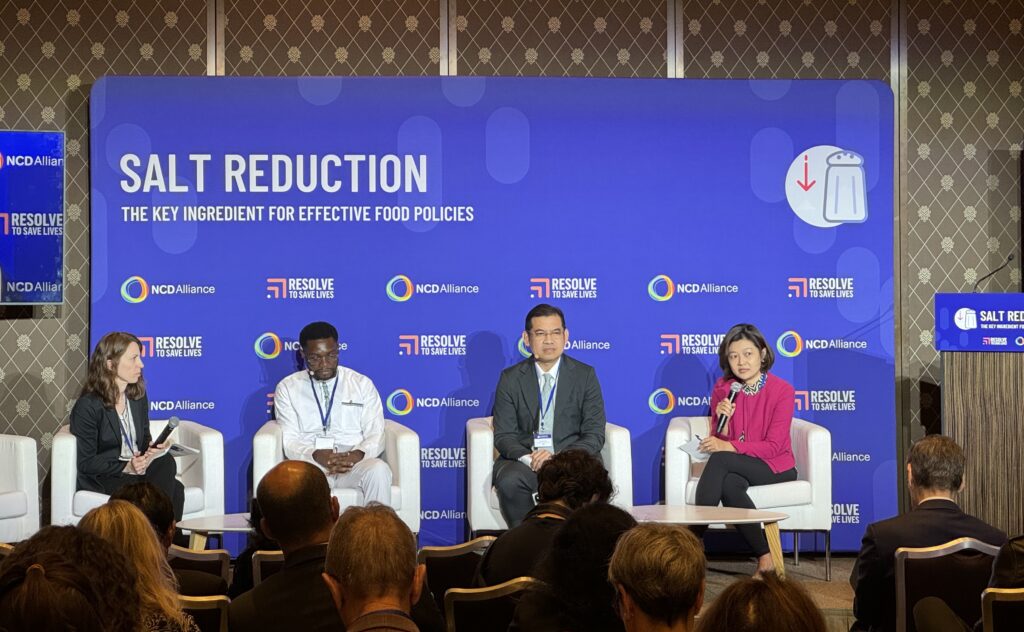
At the event we co-hosted with the NCD Alliance and WHO, Bangladesh, Malaysia, Nigeria, and Singapore made new commitments to implement comprehensive policies that will protect at least 37,000 people from the harms of eating too much salt.
New video guide for fast and simple user testing for health care software

A monthly cycle of testing software with end users is necessary to build good software that drives program improvements.
Webinar: Designing digital tools with health care workers at the center

For the launch of our new digital tools playbook, we cohosted a webinar with the Bill and Melinda Gates Foundation on designing digital health tools with the end user at the center.
The Simple app manages more than 4 million patients—and health workers love it
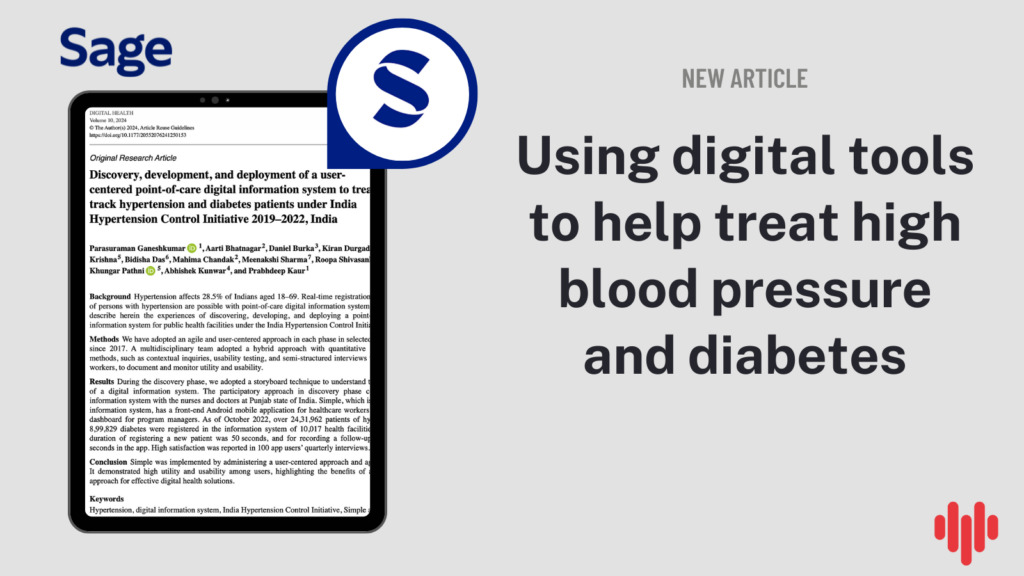
In a new article for Sage Publications, Resolve to Save Lives and the DHIS2 team talk about collaborating with health care workers to design an app that doctors and nurses love to use.